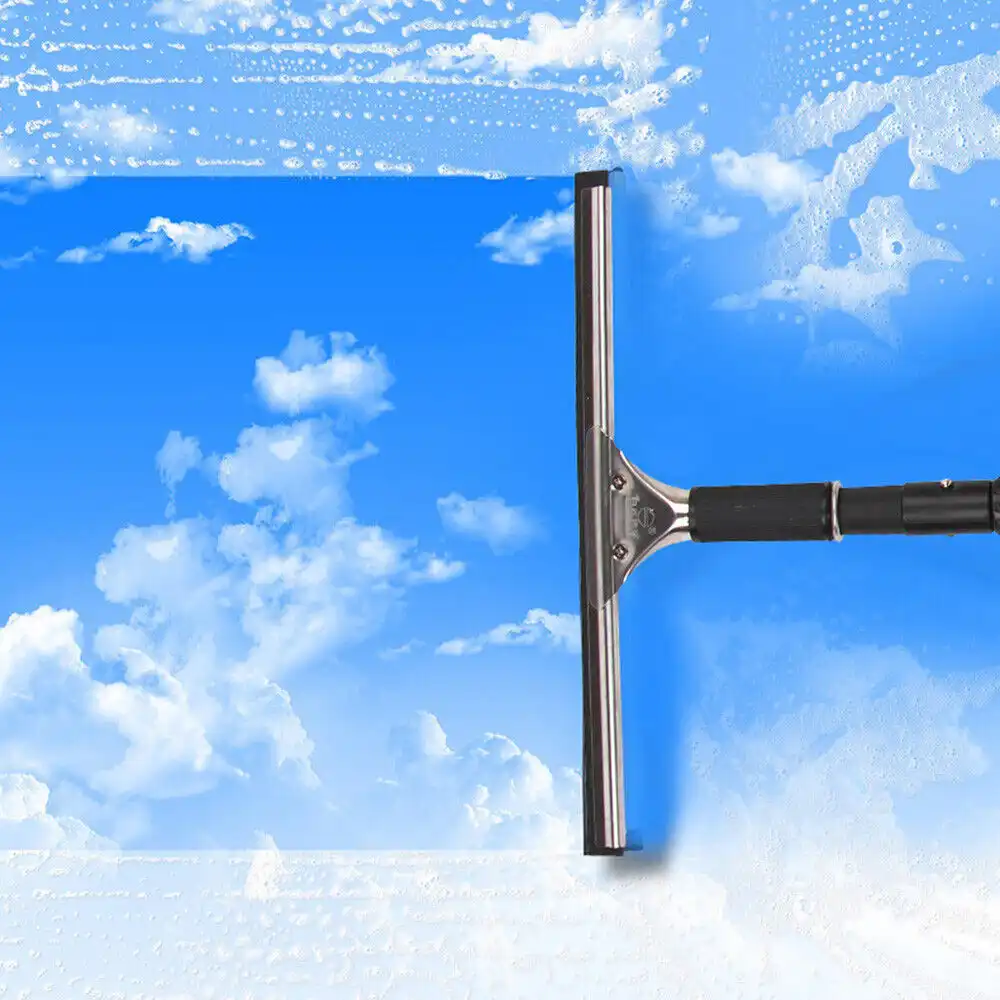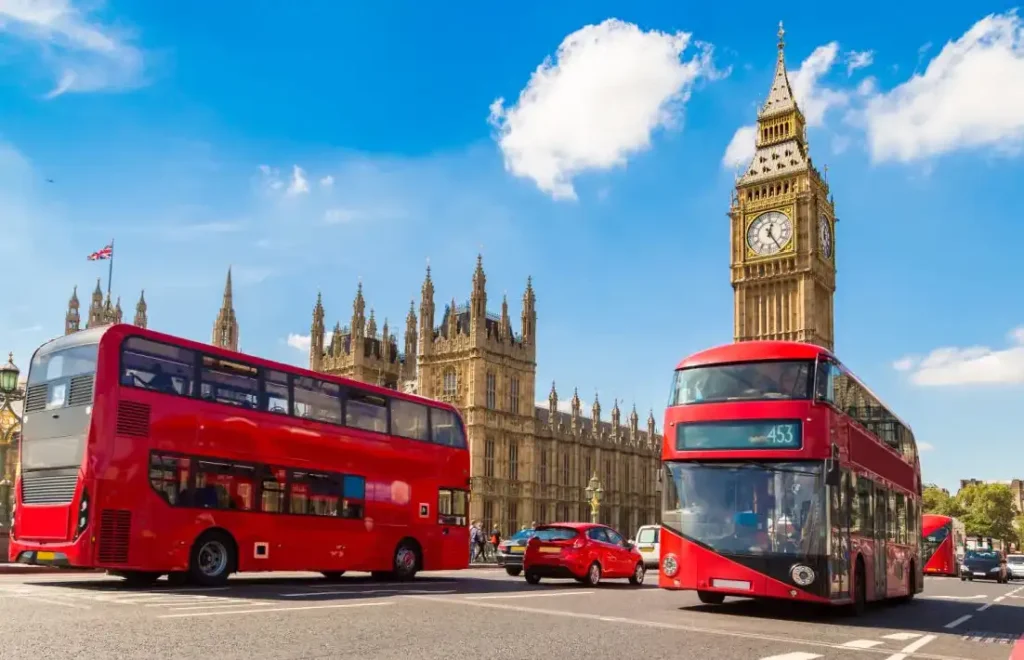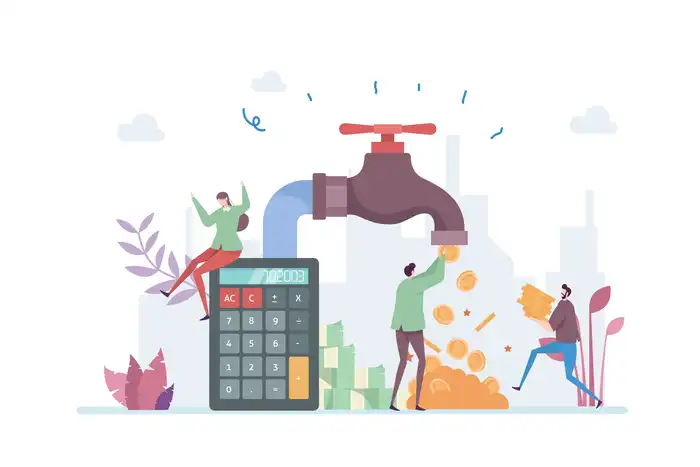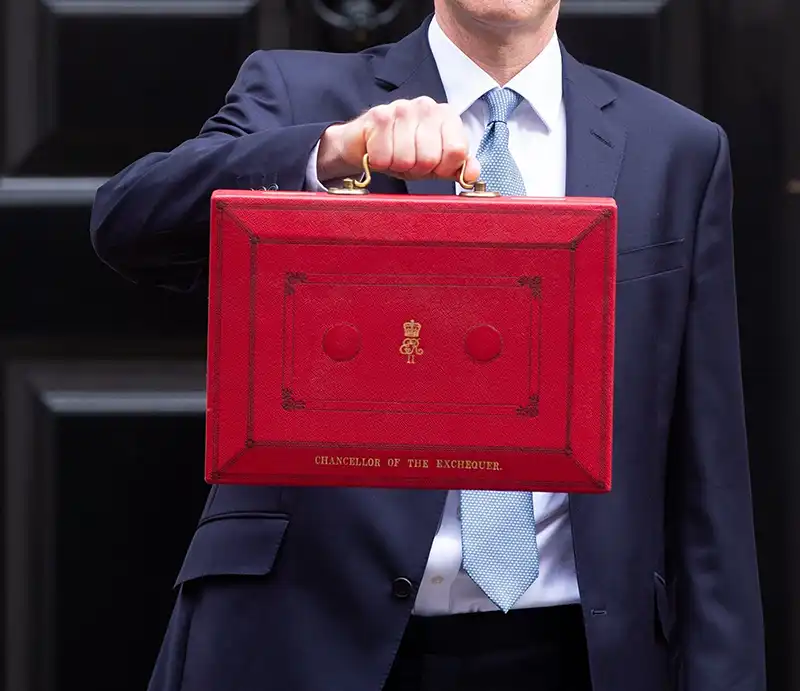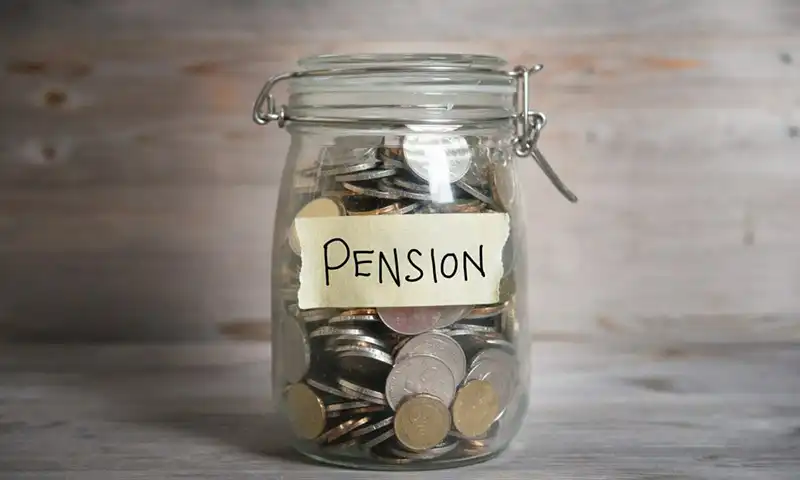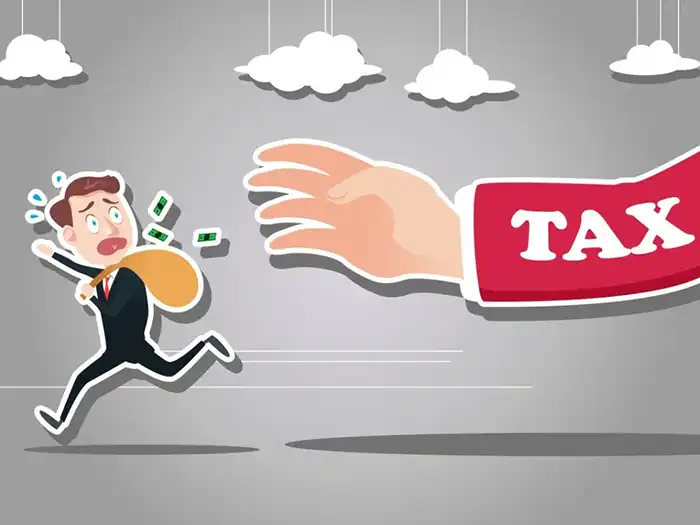Essential Guide to Claiming Expenses for your Business: Dos and Don’ts

When it comes to business expenses in the UK, knowing what to claim and what not to claim as a business expense can be a minefield. Any tax-savvy business owner will want to claim as much as possible in order to reduce the amount of tax that they pay. However, there is a strong temptation to claim things that aren’t strictly business costs.
Common sense tends to dictate what HMRC considers acceptable and the phrase you may hear a lot is “wholly and exclusively”. In essence, the expense needs to have no personal element to it whatsoever. That is unless the parts can be identifiably separated. Here are two examples below;
Identifiable and separated expenses
Loretta delivers Amazon parcels, she uses her own personal vehicle to deliver packages. Her car insurer splits out the business and non-business premiums for her. She can therefore claim the business element as that is wholly and exclusively incurred for the purpose of the trade, profession or vocation.
Identifiable but not separated expenses
Carl is a self-published author. He uses his 3rd bedroom as his office. Unlike Ted’s plane ticket, there is guidance from HMRC to determine how much he can claim for costs such as heating, electricity, council tax etc. He can either use HMRC’s simplified expenses (see below) or take a proportion of his bills for business use based on the number of rooms the house has and the number of days Carl works.
Not identifiable and not separated expenses
Ted is a quantity surveyor. Ted confidently believes that his flight to Mallorca is a legitimate business expense because he is visiting a client there whilst on a 10-day holiday. He says he is meeting his client for a full day so he wants to claim 10% of the flight costs. Sadly for Ted, he is wrong. There is no separation in the cost of the plane ticket and therefore, he cannot claim this as a business expense.
There are certain dos and don’ts that you should keep in mind to keep on top of your expenses. Here are some general guidelines:
Dos:
- Keep accurate records: Maintain detailed records of all your business expenses, including receipts, invoices, and any supporting documentation. This will help you when it comes to tax reporting and compliance.
- Claim legitimate business expenses: You can claim expenses that are wholly and exclusively incurred for business purposes. This includes expenses like travel costs, office supplies, professional fees, and marketing expenses.
- Separate personal and business expenses: Maintain separate bank accounts and credit cards for your personal and business finances. This will help you accurately track and differentiate between personal and business expenses.
- Seek professional advice: If you’re unsure about any specific expenses or need guidance, consider consulting with an accountant or tax advisor who specialises in business taxation.
Don’ts:
- Don’t claim personal expenses: Avoid claiming personal expenses as business expenses. This includes expenses unrelated to your business activities or expenses that have a personal element to them.
- Don’t claim excessive or extravagant expenses: While you can claim reasonable and necessary expenses, HMRC may question or disallow expenses that are deemed excessive or extravagant. Ensure your expenses are justifiable and proportionate to your business activities.
- Don’t ignore record-keeping requirements: Neglecting to maintain proper records can lead to complications during tax filing or potential audits. Keep all your receipts and supporting documentation organised and readily accessible.
- Don’t overlook VAT rules: If your business is VAT registered, be mindful of the rules and regulations regarding VAT on expenses. Ensure you correctly record and claim VAT where applicable.
- Don’t rely solely on estimates: Whenever possible, provide accurate figures and evidence for your expenses. Estimations may be questioned by HMRC, so it’s best to have actual receipts and invoices as proof.
What can you claim?
In the UK, you can claim various types of business expenses as allowable deductions, provided they are incurred wholly and exclusively for business purposes. Here are some common business expenses that you may be able to claim:
- Travel Expenses:
- Business-related mileage: If you use your own vehicle for business purposes, you can claim mileage allowance for the miles travelled.
- Public transport costs: Expenses for train, bus, or air travel related to business activities.
- Hotel accommodation: Cost of staying overnight for business trips.
- Office Expenses:
- Rent: If you have a dedicated office space, you can claim rent or lease payments.
- Utilities: Costs for electricity, gas, water, and telephone/internet used solely for business purposes.
- Office supplies: Expenses for stationery, printer ink, postage, etc.
- Computer software: Cost of software programs necessary for your business operations.
- Professional Fees and Subscriptions:
- Accountancy fees: Payments made to an accountant for handling your business finances and tax returns.
- Legal fees: Expenses related to legal advice or services obtained for business matters.
- Trade/professional memberships: Membership fees for industry-specific organisations or associations.
- Marketing and Advertising:
- Advertising costs: Expenses for promoting your business, such as online ads, print media, or radio advertisements.
- Website costs: Expenses for website development, hosting, domain registration, etc.
- Marketing materials: Cost of producing business cards, brochures, flyers, and promotional merchandise.
- Staff Expenses:
- Employee salaries and wages: Including National Insurance and pension contributions.
- Training expenses: Costs for employee training courses, workshops, or conferences.
- Staff benefits: Expenses related to employee benefits, such as health insurance or childcare vouchers.
- Business Insurance:
- Public liability insurance: Insurance premiums to protect against claims from third parties.
- Professional indemnity insurance: Coverage for errors or omissions in professional services.
- Employer’s liability insurance: Insurance required by law if you employ staff.
These are just some examples, and there may be other business expenses specific to your industry or circumstances. Remember to retain proper documentation, such as receipts and invoices, to support your expense claims. It’s recommended to consult with an accountant or tax advisor to ensure compliance with current HMRC regulations and receive personalised advice based on your business situation.
What can’t you claim?
While there are various business expenses that you can claim in the UK, there are also certain expenses that you generally cannot claim as allowable deductions. Here are some examples of expenses that you typically cannot claim:
- Non-business or personal expenses: Expenses that are not incurred wholly and exclusively for business purposes are not allowable deductions. This includes personal purchases, private expenses, and non-business-related activities.
- Capital expenses: Costs related to the purchase, improvement, or disposal of assets, such as buildings, vehicles, or equipment, generally cannot be claimed as an expense. Instead, they may be subject to capital allowances or depreciation rules.
- Fines and penalties: Expenses incurred due to fines, penalties, or any legal sanctions are not allowable deductions.
- Entertainment expenses: Generally, expenses for business entertainment, such as meals, hospitality, or tickets to events, are not considered allowable deductions. However, there are certain exceptions and restrictions for business-related entertaining, so it’s advisable to consult with HMRC guidelines or seek professional advice.
- Private use of business expenses: If you use a business asset or service for personal purposes, you cannot claim the full expense as a deduction. Only the portion that is exclusively used for business can be claimed.
- Non-deductible taxes: While some taxes are allowable deductions, certain taxes cannot be claimed, such as penalties for late payment, fines, or non-business-related taxes.
- Pre-trading expenses: Expenses incurred before the commencement of your business activities, often referred to as pre-trading expenses, may have different rules and limitations for deduction. Consult with HMRC guidelines or a tax advisor for specific information.
It’s essential to understand that the rules regarding allowable deductions can be complex and subject to change. Therefore, it’s advisable to consult with HMRC or seek professional advice from an accountant or tax advisor to ensure compliance with current regulations and to receive personalised guidance based on your specific circumstances.
Simplified Expenses
HMRC’s simplified expenses are a set of predefined flat rates that small businesses and self-employed individuals in the UK can use to calculate certain business expenses. Instead of calculating and keeping track of actual costs, taxpayers can use these simplified rates to claim deductions, providing a quicker and simpler method for calculating expenses. The simplified expenses cover three main categories:
- Flat Rate for Business Mileage:
- This simplified expense applies to self-employed individuals or businesses that use personal vehicles for business purposes.
- Rather than tracking and calculating actual vehicle costs, you can claim a flat rate per business mile driven. The rates vary depending on the vehicle type and mileage.
- Working From Home Expenses:
- This simplified expense is designed for individuals who work from their home premises, either as self-employed or as part of their employment.
- Instead of calculating actual costs, you can use a flat rate to claim deductions for certain home-related expenses, including utility bills (e.g., heating, electricity), council tax, and home insurance.
- The flat rates are determined based on the number of hours worked from home each month.
- Private Use of Business Premises:
- This simplified expense is applicable to businesses that operate from home but use part of their premises for personal use as well.
- Rather than calculating actual costs, you can use a flat rate to determine the portion of expenses that can be claimed for business purposes.
It’s important to note that the use of simplified expenses is optional. You can choose to use the actual cost method if you prefer, as long as the expenses are supported by appropriate records and receipts. It’s recommended to review HMRC’s guidelines on simplified expenses or consult with an accountant or tax advisor to determine if using these simplified rates is suitable for your business and to ensure compliance with HMRC regulations.
Vehicle Specific Expenses
As a business owner in the UK, you can claim various vehicle expenses as allowable deductions if you use a vehicle for business purposes. Check out our blog on company vehicles for directors. It is further complicated when you use one vehicle for personal and business use. In this instance, it is recommended to use the business mileage method. Here are some common vehicle expenses that you may be able to claim:
- Business Mileage:
- If you use your personal vehicle for business travel, you can claim the mileage allowance set by HMRC. The current rates are 45p per mile for the first 10,000 business miles in a tax year and 25p per mile for any additional miles.
- This method allows you to claim a deduction for the mileage driven for business purposes, rather than specific vehicle expenses.
- If you use this method, you cannot claim for any of the below costs.
- Fuel Costs:
- If you use your own vehicle for business travel and cover the fuel costs yourself, you may be able to claim a deduction for the actual fuel expenses.
- You will need to maintain accurate records, such as fuel receipts and a mileage log, to support your claim.
- Vehicle Insurance:
- The cost of insuring your business vehicle is an allowable deduction. This includes both basic third-party insurance and comprehensive insurance policies.
- The cost of insuring your business vehicle is an allowable deduction. This includes both basic third-party insurance and comprehensive insurance policies.
- Vehicle Repairs and Maintenance:
- Expenses related to vehicle repairs, servicing, and maintenance can be claimed. This includes costs for regular maintenance, oil changes, tyre replacements, and repairs due to wear and tear.
- Expenses related to vehicle repairs, servicing, and maintenance can be claimed. This includes costs for regular maintenance, oil changes, tyre replacements, and repairs due to wear and tear.
- Vehicle Road Tax (Vehicle Excise Duty):
- The road tax paid on your business vehicle can be claimed as an allowable deduction.
- The road tax paid on your business vehicle can be claimed as an allowable deduction.
- Vehicle Lease or Hire Costs:
- If you lease or hire a vehicle for business purposes, the rental or lease costs can generally be claimed as an expense. This applies to both finance leases and operating leases.
- If you lease or hire a vehicle for business purposes, the rental or lease costs can generally be claimed as an expense. This applies to both finance leases and operating leases.
- Vehicle Purchase and Finance:
- If you purchase a vehicle for business use, you may be eligible to claim capital allowances or use the Annual Investment Allowance (AIA) for the cost of the vehicle. It’s advisable to consult with an accountant or tax advisor for guidance on the most appropriate method for claiming these expenses.
Conclusion
Remember to keep detailed records, such as receipts, invoices, mileage logs, and any other supporting documentation, to substantiate your vehicle expense claims.
It’s important to note that there may be specific rules and limitations depending on the type of vehicle, its usage, and your business structure. It’s recommended to consult with an accountant or tax advisor to ensure compliance with HMRC regulations and to receive personalised advice based on your specific circumstances.
Looking for an Accountant?
Contact us for accounting support! Simply fill out the form below, and our team of qualified accountants will be in touch with you soon.

